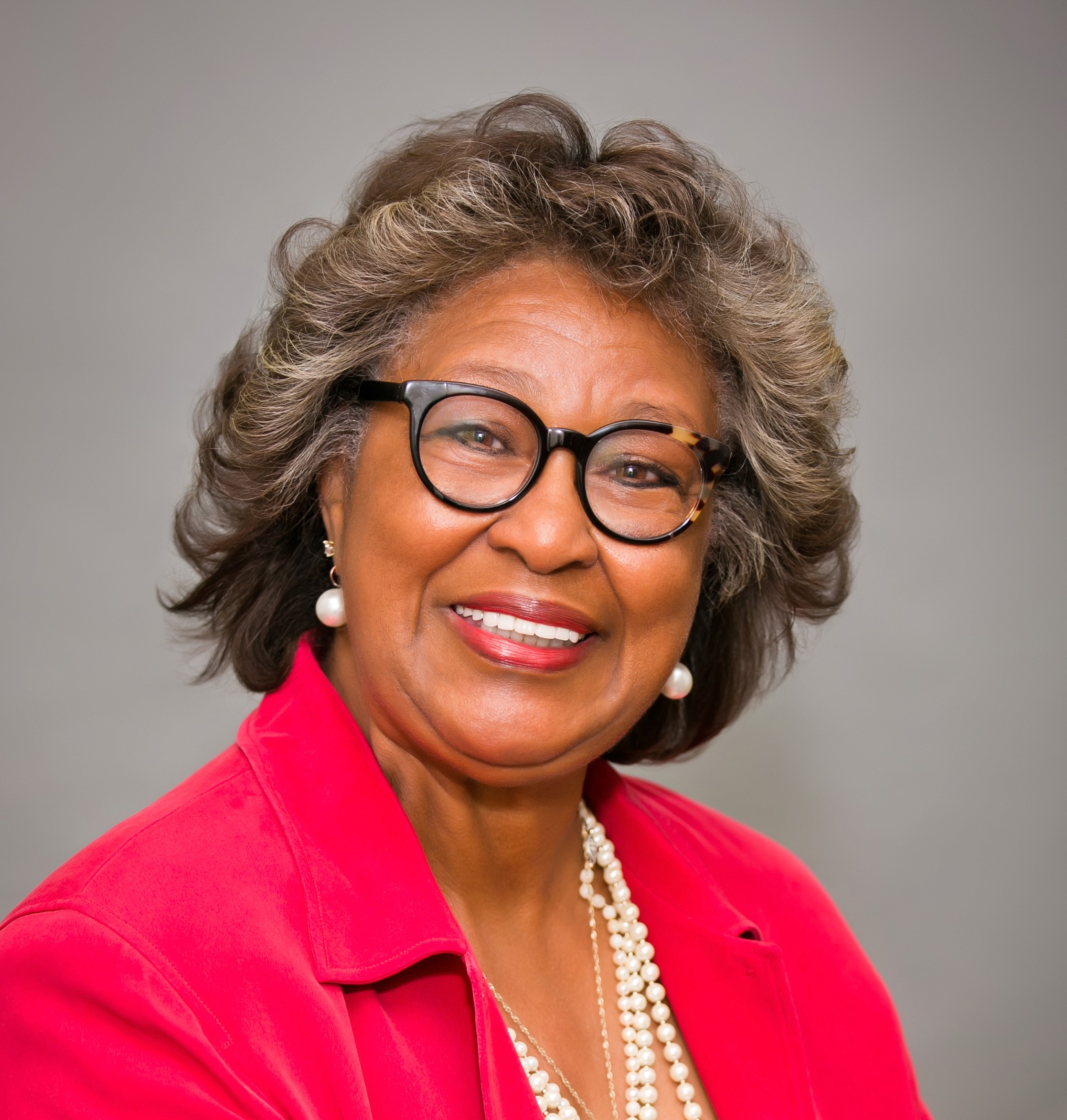Each February, African American History Month marks a time for celebrating the achievements of African Americans and recognizing their central role in U.S. history. To help mark the month, California School News interviewed Bettye Lusk, CSBA’s Director-at-Large, African American and longtime trustee for the Monterey Peninsula Unified School District, for her perspectives on her childhood, the importance of educational equity and the path toward greater outcomes for all students.
Question: Tell us a little about your background and upbringing.
Answer: I was born in a little town in Arkansas, with a huge population of 197. The thrill of my day was meeting my friends in the fork of the road and walking about 3 miles to a one-room schoolhouse. We had lots of fun throwing rocks, skipping over harmless baby snakes and talking to neighbors, who encouraged us along the path to school, telling us to be good kids, complete our schoolwork and “mind the teacher.” This was my little community, my village. As the only daughter of a farmer with a third-grade education and a working housewife with an eighth-grade education, I learned early in life that our beliefs determined our future. My uneducated parents believed that an education was the ticket to freedom. My patriarch Grandpa taught me that the only way a little black girl could see the world was to believe in herself and get a good education. That belief has motivated me in every developmental stage of my life. I’ve poured this message into my three sons and grandchildren.
Q: What made you want to be a school board member?
A: During my career in Monterey Peninsula USD, I was guided by my Grandpa’s mantra, “believe in yourself, study and get a good education.” This mantra reminded me that every child, regardless of ethnicity or disability, deserved the opportunity to receive an exemplary education that would prepare them to be their very best in whatever career they chose. So, when my community leaders asked me to submit by name as a candidate for a board seat which opened a year and a half after my retirement, I said yes! Their belief in me and commitment to our school district reminded me that we can never retire and must continue to use our gifts, skills and experience to ensure success for every child.
Q: What does it mean to you to be CSBA Director-at-Large, African American?
A: It is truly an honor to be elected to serve as Director-at-Large, African American. It enables me to be an advocate for change to ensure greater success for this student population. It allows me to be a voice to raise the awareness of cultural barriers. This lack of knowledge and understanding deeply impacts our student population and prevents them from equal access to all opportunities and a level playing field in the pursuit of their education. It also inspires me to be a resource that fosters a deeper relationship between trustees in districts statewide as we address strategies to close the opportunity/achievement gaps of this student population in our 24 regions of CSBA.
Q: In your time as a member of CSBA’s Equity Network, you mentioned the setting gave you an opportunity to reflect on many things you experienced as young African American child and woman in the South. Can you expand on reflection?
A: In growing up in the South, I experienced segregation at the highest level … separate schools, textbooks without covers, broken equipment and desks, no classroom student materials and more. The one constant that I had was a teacher who looked like me, who held me to the highest expectations, because she realized that I would have to be better in order to be successful. My teacher would encourage me with that assuring look which made me believe that I could do anything that was asked of me.
The CSBA Equity Network has painfully reminded me, at numerous times in sessions, that we are repeating much of the same under a different covering. We have four agreements that we discuss at the beginning of each meeting. The one agreement that I have struggled with is “the agreement to be uncomfortable in the work we are doing.” The Equity Network training has supported me in a deeper understanding of the historical context of education, and now the critical issue for me is unlearning that which has been taught and relearning — all through an equity lens.
Q: What advice do you have for board members across the state about the need to focus on increasing equity for all students?
A: I would remind board members that in order to be effective in our role we must commit to breaking the link between race and educational outcomes. In order to do this, we must develop an equity action plan that will clearly define equity; reflect equity within the district vision and mission, either implicitly or explicitly; and adopt a plan that supports financial equity.





